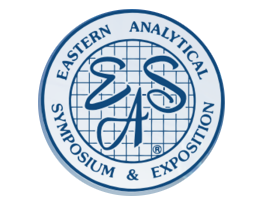I stated writing this post after reading two stories in my news feed that made me think about the false sense of security that I have when buying food or drugs. The first was about Australians finding sewing needles hidden in strawberries; the other was recalling a deadly episode in 1982 that prompted the FDA to require tamper-resistant packaging for drugs (two yet-unsolved criminal cases). This week, a book review in the New York Times on The Poison Squad by Deborah Blum prompted me to finish writing. In her book she describes the work of a dedicated chemist at the Department of Agriculture whose research led to the passage of the Meat Inspection Act and the Pure Food and Drug Act of 1906. Criminal cases are sensational but accidental contamination, microbiological in particular, is even more common and regularly reported in the news media. I couldn’t find any data showing historical cases of contamination, adulteration, or counterfeiting. It’s difficult to know whether these problems are more frequent today or simply make the news more often. Food and drug supplies are probably safer than they’ve ever been but globalization, increasingly complex supply chains and unofficial channels of distribution are creating new challenges for regulators and public health professionals. Pharmaceutical companies seem to be increasingly concerned about counterfeit drugs, often setting up dedicated labs to investigate suspicious products sent to them. Government labs continue to rely on progress in detection techniques to investigate suspected contamination or adulteration. At EAS, this has been a growing area of interest and the 2018 program is particularly rich in technical sessions and presentations related to public health, including the quality and safety of food, drinking water contamination, the opioid epidemic, and counterfeit drugs. If conferences are intended for professionals to keep up with progress in their field, for me, they are a useful reminder that, as consumers, we need to continue to be vigilant, whether picking up produce at the supermarket or buying medicinal products or supplements online.
Anne Aubry
